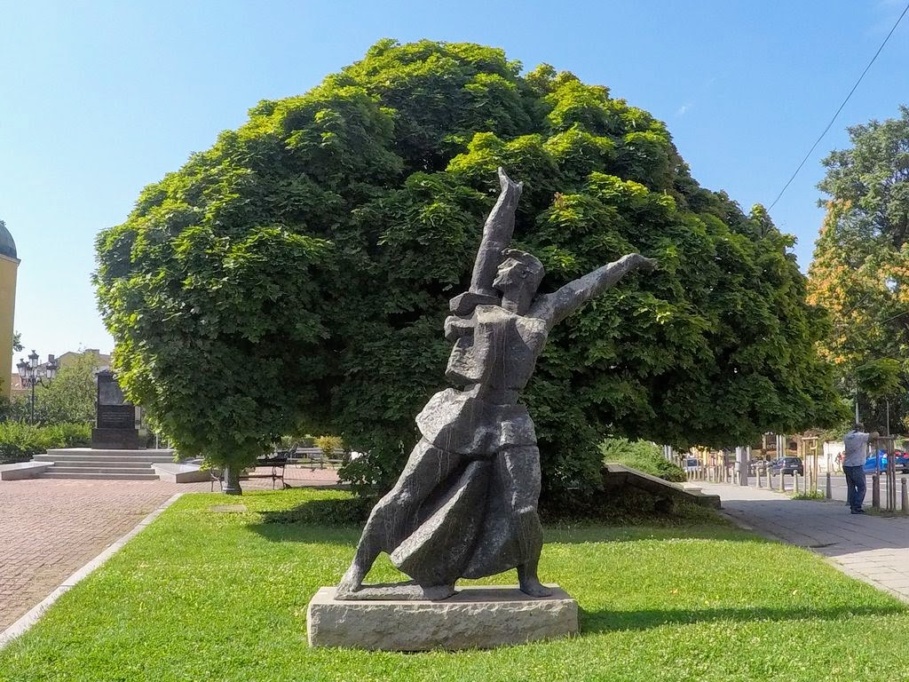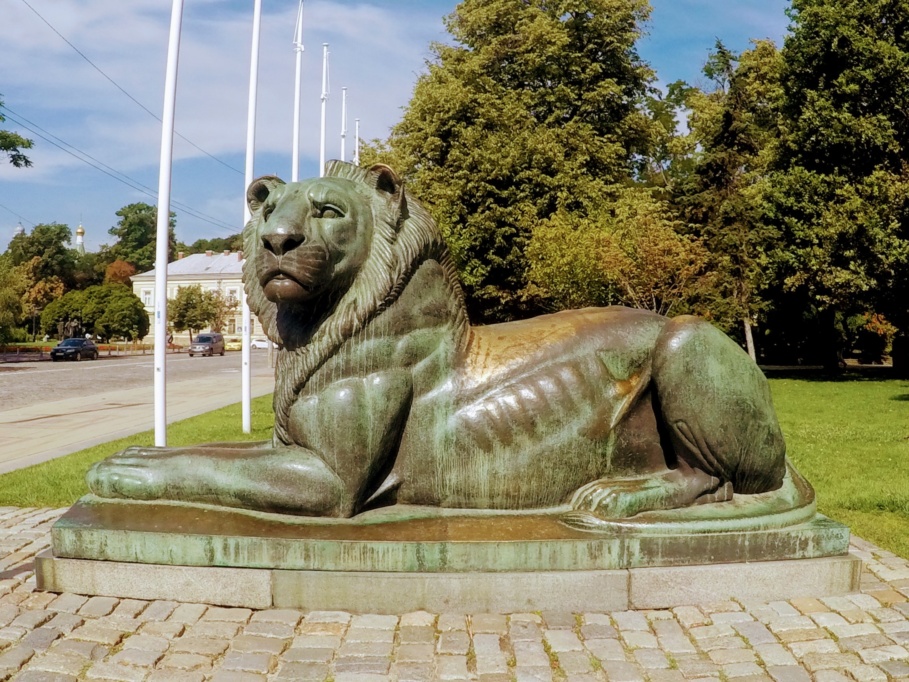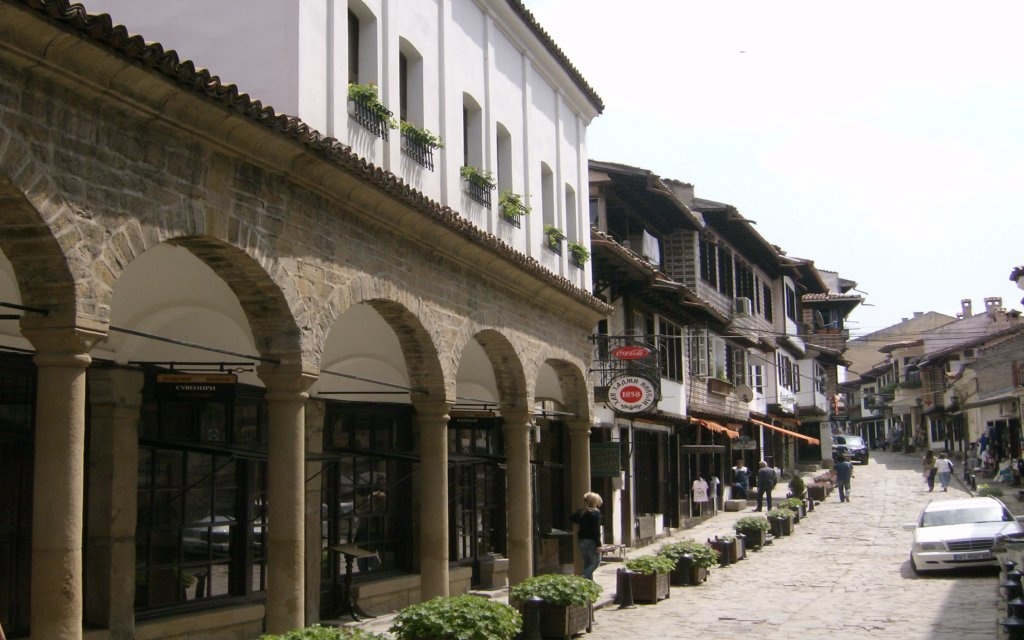BULGARIA
THE ULTIMATE TRAVEL GUIDE
Discover Bulgaria: Your Gateway to Rich History, Stunning Landscapes, and Vibrant Culture! Unveil hidden gems, from ancient ruins to breathtaking mountains. Indulge in diverse cuisine, wander through charming villages, and immerse yourself in centuries of tradition. Your ultimate travel guide awaits, unlocking Bulgaria’s treasures one adventure at a time!
Bulgaria Itineraries
Need To Know: How To Travel To Bulgaria
Bulgaria offers a captivating mix of rich history, stunning landscapes, and vibrant culture. From ancient ruins and UNESCO sites to breathtaking mountains and serene Black Sea beaches, there’s something for everyone. Enjoy authentic cuisine, warm hospitality, and affordable travel, making Bulgaria a top destination for adventure and discovery.
Whether you need a visa to visit Bulgaria depends on your nationality. Citizens of the EU, EEA, and Switzerland can enter without a visa. Many countries, including the U.S. and Canada, can stay for up to 90 days without a visa. Always check the latest entry requirements before traveling.
The currency of Bulgaria is the Bulgarian Lev (BGN). One Lev is subdivided into 100 stotinki. While Bulgaria is a member of the European Union, it has not yet adopted the euro. The Lev has been pegged to the euro since 1997, providing stability to the Bulgarian economy.
Bulgaria is considered one of the most affordable travel destinations in Europe. Accommodations, meals, and transportation are generally inexpensive compared to Western European countries. Travelers can enjoy delicious local cuisine, explore historical sites, and experience vibrant culture without breaking the bank, making Bulgaria an excellent choice for budget-conscious visitors.
Yes, Bulgaria is generally safe for travelers. The country has a low crime rate, with most incidents being petty crimes like pickpocketing. Visitors should exercise standard precautions, such as avoiding poorly lit areas at night and keeping valuables secure. Overall, Bulgaria offers a welcoming atmosphere for tourists.
Yes, you can generally drink tap water in Bulgaria, especially in major cities like Sofia and Plovdiv, where it’s treated and safe for consumption. However, in rural areas, the quality may vary. It’s advisable to ask locals or check for signage to ensure the water’s safety before drinking.
Traditional Bulgarian food is rich and diverse, featuring hearty dishes like banitsa (a pastry filled with cheese and eggs), shopska salad (tomatoes, cucumbers, onions, and feta cheese), and kavarma (slow-cooked meat stew). Lutenitsa (pepper and tomato spread) and rakia (fruit brandy) are also popular, reflecting the country’s vibrant culinary heritage.
Bulgaria Snapshot: How To Travel To Bulgaria
Traveling to Bulgaria
Bulgaria Travel Guide: Bulgaria, a hidden gem in Eastern Europe, entices travelers with its stunning landscapes, rich history, and vibrant culture. From the majestic peaks of the Rila Mountains to the pristine beaches of the Black Sea coast, Bulgaria offers a diverse range of experiences for every traveler. The country’s charming cities, ancient ruins, and picturesque villages provide a glimpse into its fascinating past and vibrant present.
How to Plan a Trip to Bulgaria
Planning a trip to Bulgaria begins with choosing the destinations you want to explore. Sofia, the capital city, is a great starting point, with its mix of ancient landmarks, vibrant markets, and lively nightlife. From there, consider visiting other highlights such as Plovdiv, with its well-preserved Roman amphitheater, and the historic town of Veliko Tarnovo, known for its medieval fortress and picturesque old town. Plan you trip with our Bulgaria Travel Guide
Research accommodations that suit your budget and travel style, whether it’s boutique hotels, guesthouses, or budget-friendly hostels. Bulgaria offers a range of options to cater to every traveler’s needs.
When planning your itinerary, be sure to include time for exploring Bulgaria’s natural wonders, such as the UNESCO-listed Rila Monastery and the stunning landscapes of the Rhodope Mountains. Outdoor enthusiasts will find plenty of opportunities for hiking, skiing, and adventure sports throughout the country.
Bulgaria Food
Bulgarian cuisine is a delicious blend of flavors influenced by its rich history and diverse cultural heritage. From hearty soups and stews to savory grilled meats and fresh salads, Bulgarian food is known for its simplicity and use of fresh, seasonal ingredients.
One of the most iconic Bulgarian dishes is banitsa, a flaky pastry filled with cheese and often served for breakfast or as a snack. Another favorite is Shopska salad, a refreshing combination of tomatoes, cucumbers, peppers, onions, and feta cheese, drizzled with olive oil and vinegar.
Meat lovers will enjoy dishes like kebapche (grilled minced meat), kavarma (slow-cooked meat and vegetables), and sarmi (cabbage rolls stuffed with rice and meat). Vegetarians can indulge in options like lutenitsa (a roasted pepper and tomato spread), and lyutenitsa (a roasted pepper and tomato spread), and kyopolou (a roasted eggplant and pepper spread).
Don’t forget to sample Bulgarian wines and spirits, such as rakia, a traditional fruit brandy enjoyed throughout the country. And no meal is complete without a slice of baklava or tulumba, two sweet treats popular in Bulgarian cuisine.
Culture and Religion
Bulgaria’s culture is a rich tapestry woven from centuries of history, folklore, and tradition. The country’s heritage is reflected in its colorful festivals, traditional crafts, and vibrant music and dance.
Religion plays a significant role in Bulgarian culture, with the majority of the population identifying as Orthodox Christians. This is evident in the country’s many churches and monasteries, which are often adorned with intricate frescoes and icons.
Bulgaria is also known for its traditional music and dance, with regional variations that reflect the country’s diverse cultural influences. Folk dances like the horo are performed at weddings, festivals, and other celebrations, accompanied by lively music played on traditional instruments like the gadulka (a bowed string instrument) and the kaval (a wooden flute).
Traditional crafts such as pottery, weaving, and woodcarving are still practiced in many parts of Bulgaria, and visitors can explore workshops and markets to see artisans at work and purchase handmade souvenirs.
Safety and Dangers
Bulgaria is generally a safe destination for travelers, with low rates of violent crime. However, like any country, it’s essential to take precautions to ensure a safe and enjoyable trip.
Petty crime such as pickpocketing and theft can occur in crowded tourist areas, so it’s advisable to keep your belongings secure and remain vigilant, especially in crowded places like markets and public transportation.
While Bulgaria’s roads are generally in good condition, driving can be challenging due to aggressive drivers and poorly marked roads. If renting a car, familiarize yourself with local driving laws and regulations, and exercise caution, especially on mountain roads.
In terms of health and safety, Bulgaria has excellent medical facilities in major cities, but travelers should have travel insurance that covers medical treatment in case of emergencies. Tap water is generally safe to drink, but bottled water is widely available and recommended for travelers.
Overall, Bulgaria is a welcoming and hospitable destination with much to offer travelers seeking history, culture, and natural beauty. With proper planning and precautions, your trip to Bulgaria is sure to be a memorable and rewarding experience.



